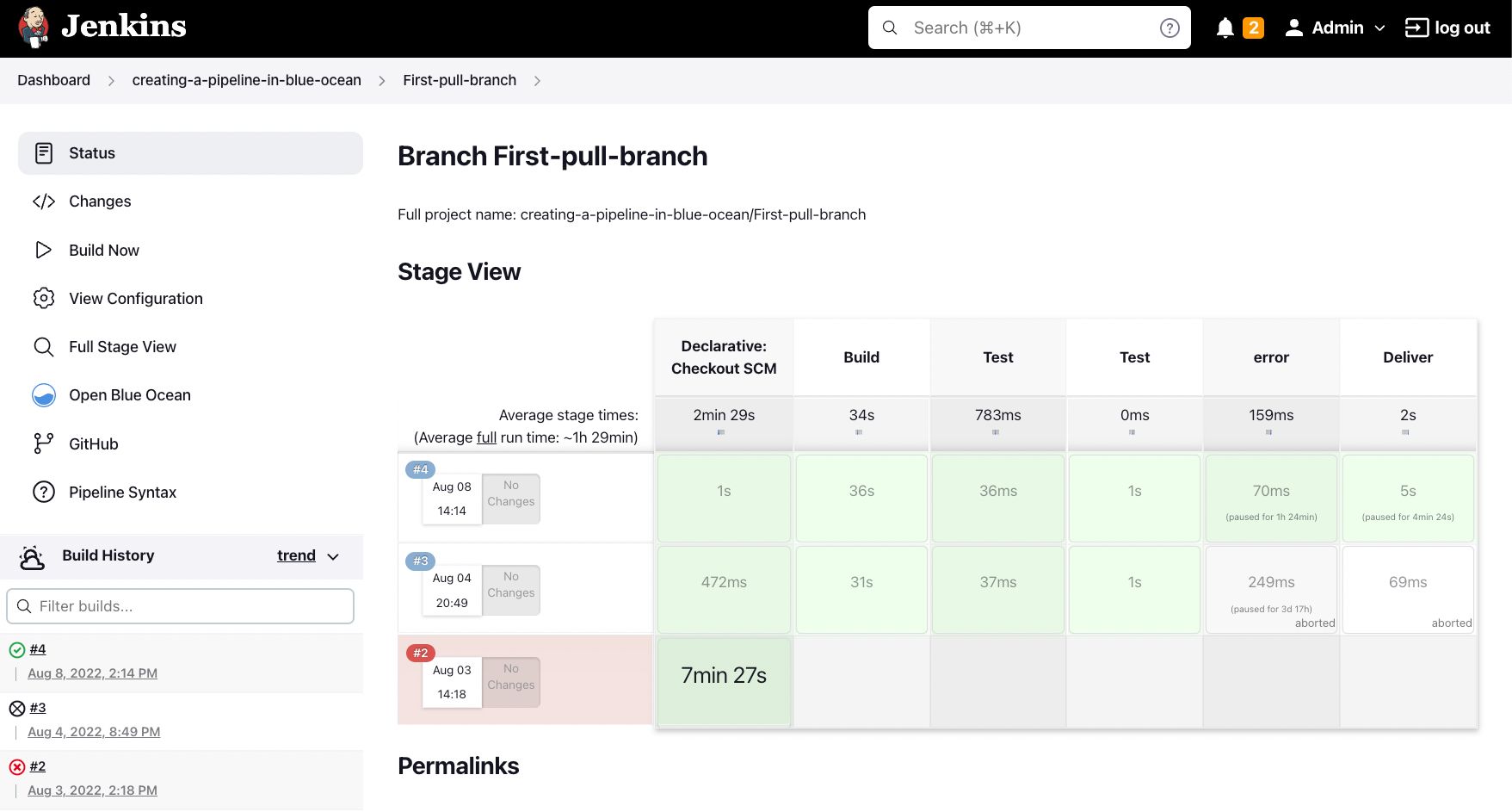
Jenkins is a powerful tool that automates parts of software development, like building, testing, and deploying. But what makes Jenkins so special? Jenkins is open-source, meaning anyone can use it for free and even contribute to its improvement. It supports hundreds of plugins, making it highly customizable for various development needs. Jenkins also integrates with many other tools, enhancing its functionality. Whether you're a beginner or a seasoned developer, understanding Jenkins can significantly boost your productivity. Ready to dive into some interesting facts about Jenkins? Let's get started!
What is Jenkins?
Jenkins is a popular open-source automation server used to automate parts of software development. It helps developers build, test, and deploy their code efficiently.
-
Jenkins was originally developed by Kohsuke Kawaguchi while he was working at Sun Microsystems. He wanted a tool to automate repetitive tasks.
-
The project was initially named Hudson. Due to a dispute with Oracle, the project was forked and renamed Jenkins in 2011.
-
Jenkins is written in Java. This makes it platform-independent and able to run on various operating systems like Windows, macOS, and Linux.
-
Jenkins supports over 1,800 plugins. These plugins extend its functionality, allowing it to integrate with many other tools and platforms.
-
Jenkins uses a master-slave architecture. The master handles scheduling and dispatches tasks to the slaves, which run the actual jobs.
Jenkins in Continuous Integration
Jenkins plays a crucial role in continuous integration (CI), a practice where developers frequently merge their code changes into a shared repository.
-
Jenkins can automatically build and test code whenever changes are detected in the repository. This helps catch bugs early.
-
It supports various version control systems like Git, Subversion, and Mercurial. This flexibility makes it suitable for different development workflows.
-
Jenkins can generate reports for test results, code coverage, and other metrics. These reports help developers understand the quality of their code.
-
It can notify developers about build results via email, Slack, or other communication tools. This keeps the team informed about the status of their builds.
-
Jenkins can deploy applications to various environments, including cloud platforms like AWS, Azure, and Google Cloud. This makes it easier to manage deployments.
Jenkins Pipeline
Jenkins Pipeline is a suite of plugins that supports implementing and integrating continuous delivery pipelines into Jenkins.
-
Pipelines are defined using a domain-specific language (DSL) based on Groovy. This allows for complex workflows to be scripted.
-
There are two types of pipelines: Declarative and Scripted. Declarative pipelines offer a simpler syntax, while scripted pipelines provide more flexibility.
-
Pipelines can be stored in version control alongside the application code. This ensures that the pipeline definition is versioned and can be reviewed.
-
Jenkins Blue Ocean is a modern user interface for Jenkins Pipelines. It provides a more intuitive and visual way to manage pipelines.
-
Pipelines can be paused and resumed. This is useful for workflows that require manual intervention or approval.
Jenkins Security
Security is a critical aspect of any automation server, and Jenkins provides several features to ensure a secure environment.
-
Jenkins supports role-based access control (RBAC). This allows administrators to define roles and assign permissions to users.
-
It can integrate with external authentication systems like LDAP, Active Directory, and OAuth. This makes it easier to manage user access.
-
Jenkins provides audit logging. This helps track changes and actions performed within the system, aiding in compliance and troubleshooting.
-
It supports encrypted communication using SSL/TLS. This ensures that data transmitted between Jenkins and its users is secure.
-
Jenkins can be configured to require user authentication for accessing the system. This prevents unauthorized access.
Jenkins Community and Support
Jenkins has a vibrant community and offers various support options for users.
-
The Jenkins community organizes an annual event called Jenkins World. This event brings together users and developers to share knowledge and experiences.
-
There are numerous online resources available for learning Jenkins, including documentation, tutorials, and forums.
-
Jenkins has an active mailing list where users can ask questions and get help from other community members.
-
Commercial support for Jenkins is available from companies like CloudBees. This provides additional assurance for enterprises using Jenkins.
-
The Jenkins project is governed by the Jenkins Governance Board. This board oversees the project's direction and ensures its long-term sustainability.
-
Jenkins has been awarded several accolades. It has been recognized as a leading tool in the DevOps and CI/CD space by various industry analysts.
Jenkins: The Backbone of CI/CD
Jenkins stands out as a vital tool in the world of continuous integration and continuous delivery. Its open-source nature, combined with a vast array of plugins, makes it adaptable to countless development environments. Jenkins automates repetitive tasks, reducing human error and speeding up the development process. With its robust community support, users can find solutions and share innovations easily.
Whether you're a seasoned developer or just starting, Jenkins offers a scalable solution for your CI/CD needs. Its flexibility and reliability ensure that your software development pipeline remains efficient and effective. Embracing Jenkins means embracing a smoother, faster, and more reliable development cycle.
By integrating Jenkins into your workflow, you're not just adopting a tool; you're enhancing your entire development process. So, dive in, explore its features, and watch your productivity soar.
Was this page helpful?
Our commitment to delivering trustworthy and engaging content is at the heart of what we do. Each fact on our site is contributed by real users like you, bringing a wealth of diverse insights and information. To ensure the highest standards of accuracy and reliability, our dedicated editors meticulously review each submission. This process guarantees that the facts we share are not only fascinating but also credible. Trust in our commitment to quality and authenticity as you explore and learn with us.
